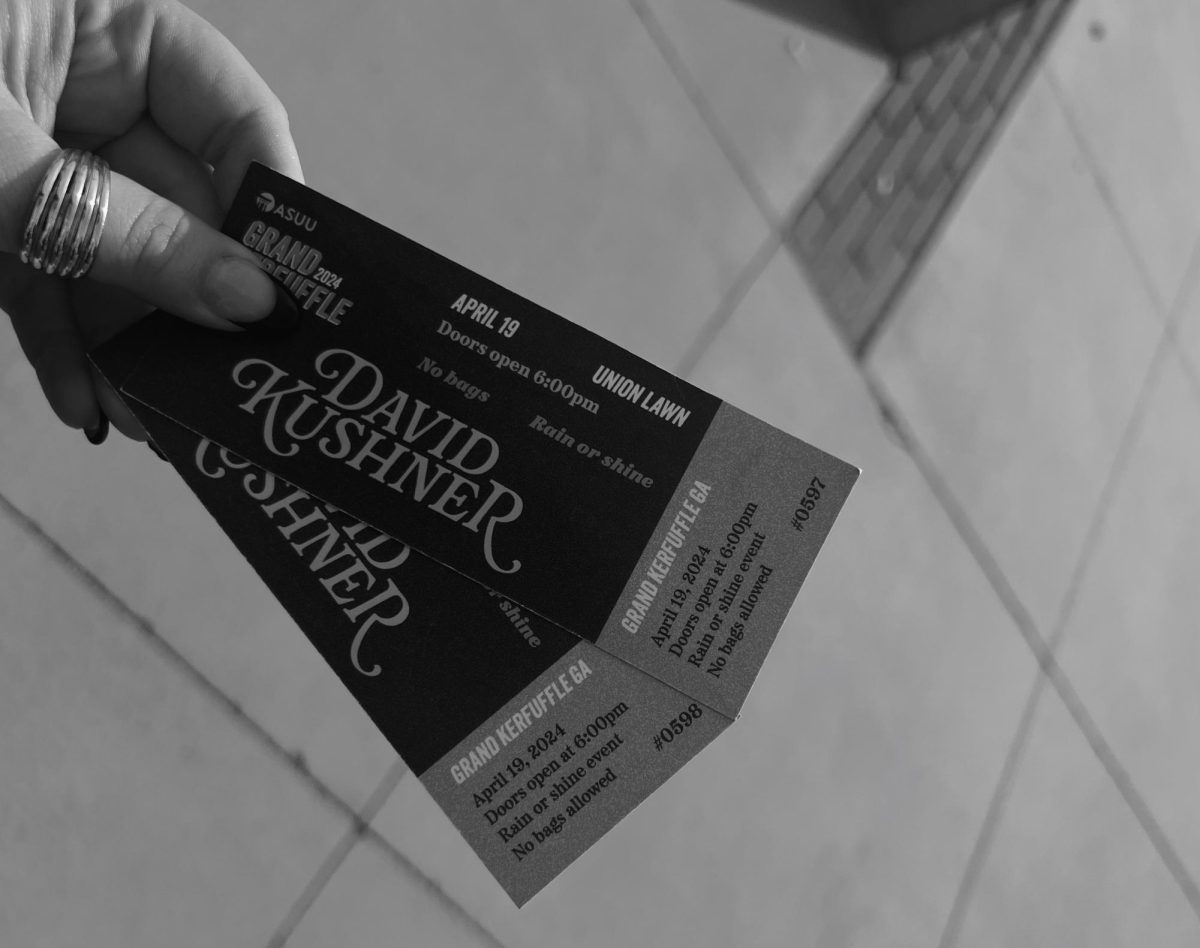
NCAA basketball has come a long way academically over the past eight years. In 2005, 16 of the teams in the March Madness Tournament had graduation rates of 25 percent or smaller. Since then, the NCAA has cracked down on enforcing academic progress. Teams that don’t post good enough numbers will start losing scholarships and face other punishments as a program. While graduation rates have improved, the real solution is overlooked — don’t let students join the draft early.
The NBA draft rules have recently been changed so that students cannot be drafted out of high school. It’s curious that the rules of the NBA draft were so inconsistent with those of the NFL, which requires students to wait either four years or until graduation to list for the draft.
The NFL’s approach is a far better one if the NCAA’s aim really is to someday see all professional players earn degrees. If students must wait four years before joining the professionals, it would be in their best interest to play for a college, to remain on the radar and to get a degree in the meantime.
If certain players really want to get their career started early, then they can work hard academically and graduate early.
It is unquestionable that a degree will benefit college athletes because college teaches students to do the job of citizens.
Professional athletes are still citizens — citizens who have a political voice available to them if they want it, and an outsized voice at that because of their positions as public figures. As a country, we should want citizens with so much potential political sway to have an education that serves to make their voices more reliable, informed and legitimate.
Players should want an education for themselves as well. There are 30 NBA teams, each of which take only a handful of draft picks each year. This means something around 2 percent of college players will be drafted. With the overwhelming majority of college players not going pro, and the overwhelming majority of Americans attending college, a degree will help students find a job after their playing days are done.
As for the few hundred NBA players, most retire before the age of 40, and according to Sports Illustrated, 60 percent of these will go broke within five years of retirement. A college degree will also help former athletes find a new career after retirement or injury.
While the requirement for teams to have a certain number of students to graduate has helped the situation, it has its drawbacks. Taking away scholarships as a punitive measure makes it more difficult for high school athletes who cannot afford tuition to make it to college at all, and some might opt to spend their year off playing in another country or not playing at all.
While the new age limit has caused most high school all-stars to spend at least a year playing college basketball before declaring for the draft, it has also removed the prospect of four-year teams from the college level. Players such as Trey Burke of Michigan do their time at a college and get out as soon as possible, probably without even considering graduation.
In fact, the University of Kentucky last year also lost all of its starters because of the early draft and, as a result, has remained quiet in the 2012-2013 season. Losing the best players to “better leagues” as soon as they appear, a disease that plagues minor league baseball, has now been brought to NCAA basketball. It makes the league random and fickle and ruins the sense of community that sports create for students to rally around in college.
If anything, requiring students to play through college will give players a taste of playing for the love of the sport and loyalty before it becomes all about the money. It will also serve the careers of the 98 percent of athletes whose sports careers effectively end in college.










